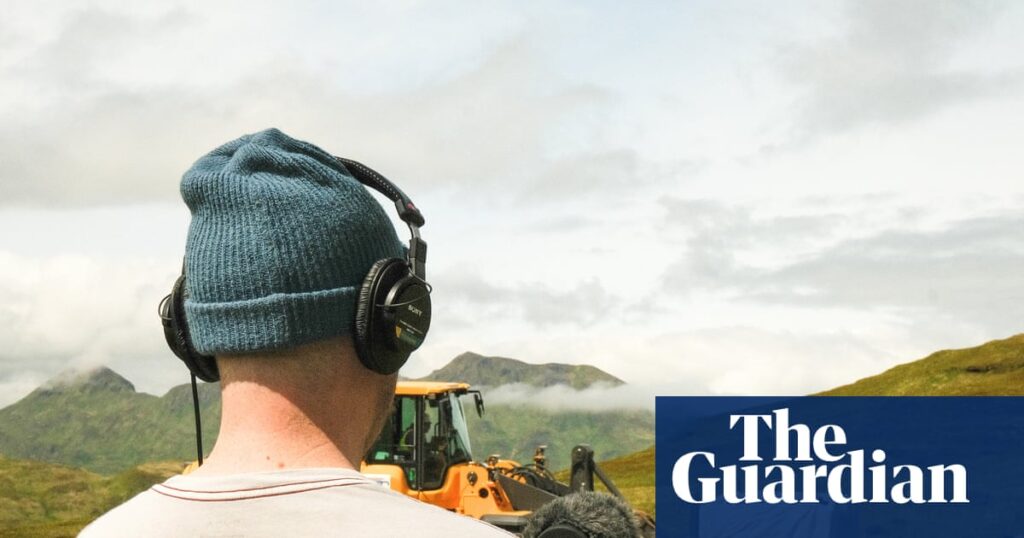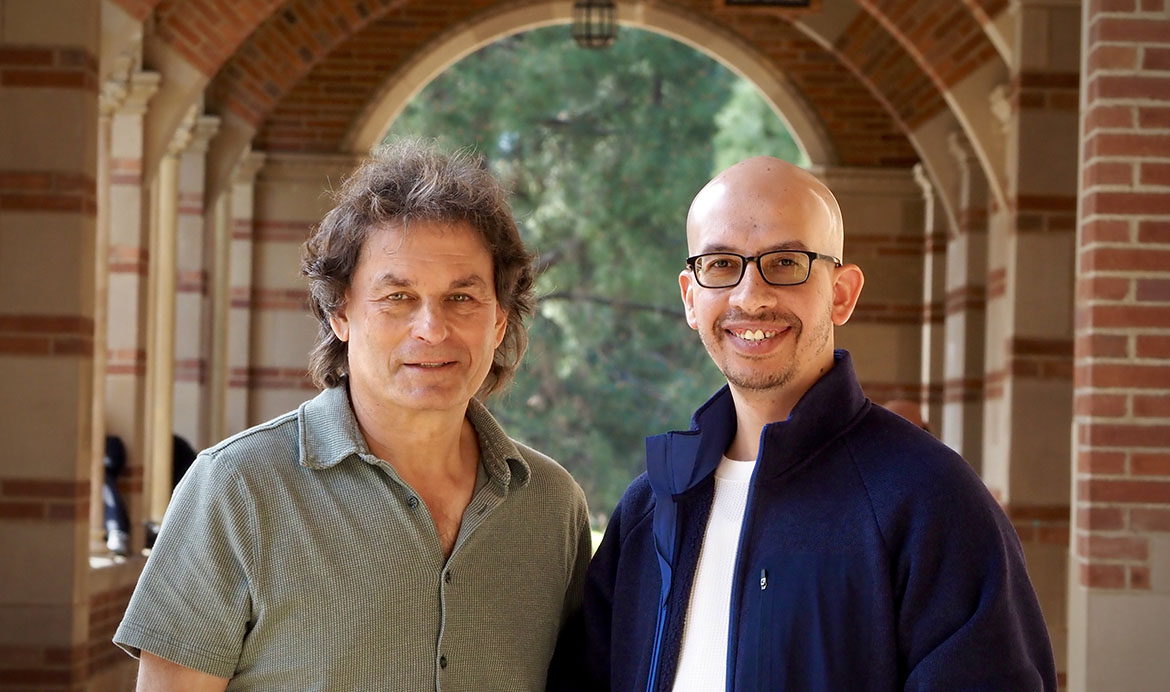
In Sand Point, Alaska, a small fishing town nestled in the Aleutian Islands, the local radio dial is a crucial source of information and community connection. KSDP, the town’s public radio station, provides music, emergency alerts, and local news to its 600 residents. However, recent federal funding cuts threaten to silence this vital communication hub.
On August 1, KSDP’s general manager, Austin Roof, interviewed local fish biologist Matthew Keyes about the salmon fishing season. The discussion, broadcast over fuzzy microphones, was a lifeline for local fishermen. Keyes shared that while June’s salmon harvest was one of the lowest on record, July showed improvement. He announced a 60-hour fishing ban to allow fish populations to recover, underscoring the station’s role in helping residents plan their livelihoods.
The Impact of Federal Funding Cuts
The announcement of federal funding cuts to public broadcasting has sent shockwaves through rural communities like Sand Point. On July 17, Congress voted to rescind all funding for public broadcasting, a decision that will significantly affect stations dependent on federal support. The Corporation for Public Broadcasting (CPB), which distributes these funds, will cease operations at the end of September.
For KSDP, which receives 70% of its budget from CPB, the cuts are devastating. “The rural communities are definitely gonna be hit the hardest,” Roof said, describing the loss of funding as “seismic.” Without this support, KSDP faces an uncertain future, relying increasingly on volunteers and potentially shutting down its far-reaching AM signal.
The Role of KSDP in the Community
KSDP is more than just a radio station; it is a community cornerstone. It hosts clothing swaps, community barbecues, and public events, fostering a sense of togetherness in Sand Point. The station also serves as a donation center, with its studio often doubling as a space for community gatherings.
Until recently, the Aleutian Islands lacked a dedicated reporter. Now, Theo Greenly, along with colleagues at KUCB and KUHB, covers the 1,000-mile archipelago. Greenly’s reporting brings attention to isolated communities, covering issues from dangerous algae blooms to food shortages.
“If you don’t have reporters here, the nation is missing out on vital information.” – Theo Greenly, KSDP reporter
Challenges of Reporting in Remote Areas
Reporting in the Aleutian Islands presents unique challenges. Greenly often travels for weeks, as ferries run infrequently and flights are unreliable. Despite these hurdles, his work is vital, providing news that would otherwise go unreported. His stories have prompted action, such as when a report on food shortages in St. Paul led to the delivery of essential supplies.
Public media plays a critical role in these remote areas, filling the gap left by commercial stations. “Rural America costs a lot of money,” Roof noted, highlighting the financial challenges of operating in such sparsely populated regions.
Political and Economic Context
Alaska relies heavily on federal subsidies for public services, including education and media. Despite this, Alaska’s sole congressperson, Nick Begich, supported the funding cuts. The decision has sparked concern among local journalists who fear the loss of vital news coverage in the region.
Greenly emphasized the importance of local reporting, noting that his colleagues were instrumental in covering significant stories like the Chinese surveillance balloons over Alaska. Without reporters in the Aleutians, crucial information may go unreported, affecting not only local communities but the nation as a whole.
Future Prospects and Community Impact
As KSDP grapples with the impending cuts, Roof is considering shutting down the AM signal, a costly but essential service for reaching remote listeners. The station will continue to operate on smaller FM signals and online, though internet reliability remains a concern.
Greenly expressed uncertainty about his future role, as his position is funded by a CPB grant. However, his primary concern is for the community and the potential loss of local news coverage. “I’m more saddened for the nation than for myself,” he said, reflecting on the broader implications of the funding cuts.
“The word ‘radio’ is kind of a misnomer in a way. People can get this information online because we, the radio station, did the work.” – Theo Greenly
As the community braces for change, KSDP’s future remains uncertain. Roof is committed to keeping the station running, but acknowledges that the loss of federal funding will fundamentally alter its operations. For now, the station continues to serve as a beacon of information and community spirit in Sand Point.







